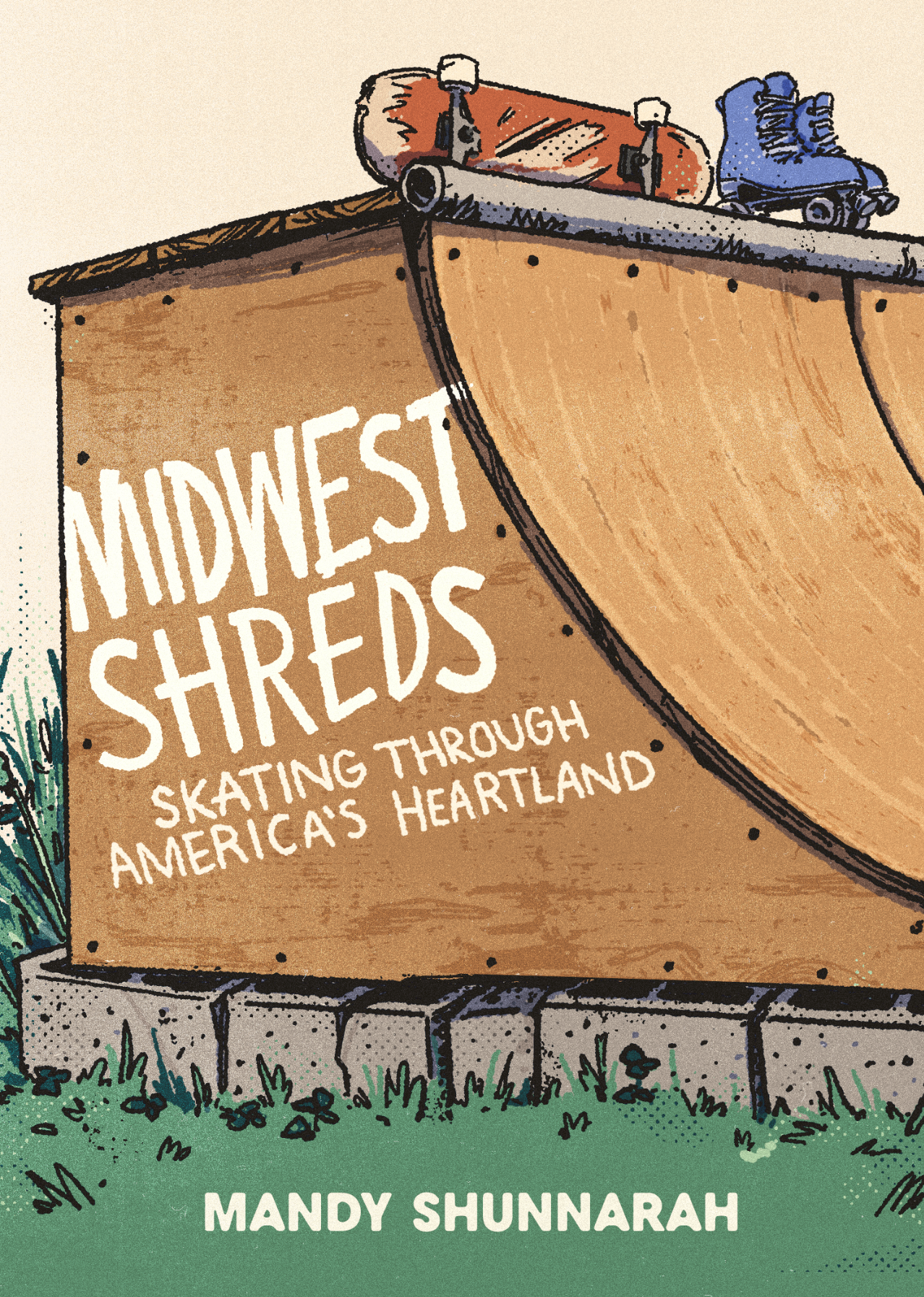No, You Can't Judge People's Intelligence by the Books They Read
Source: unsplash
I'm about to say something that's going to make you clutch your pearls.
Contrary to what some people would have you believe, you can't judge people's intelligence by the books they read.
Nope. You really can't. That dude reading Infinite Jest isn't smarter than you. That girl reading vampire erotica isn't dumber than you. But people like to think otherwise.
Because books are so often the vessels of learning, we tend to associate them with knowledge and intellect. And rightly so. While it's true that readers tend to be smarter than non-readers, this fact is not genre-specific. People who read---no matter the genre---are smarter than people who don't read.
The problem arises when some books are thought to denote intelligence in the reader and others are thought to be indicative that the reader is stupid, pathetic, or trashy.
It doesn't help that books of a particular variety are taught in school, while others are blissfully ignored by educators. If you thought the goal of all those years of reading circles and English classes was to instill in you a love of reading, as sad as it is, you'd be wrong. If schools really wanted students to love reading and become lifelong readers, they'd let students read whatever they want rather than forcing specific books on them.
Instead, the educational system is set up to reinforce the belief that some books are inherently better than others---that in the hierarchy of nose-turned-up "lit-tuh-a-tour," some books are deserving of attention and others are not. And in pushing this belief, however directly or indirectly, in the classroom, they're telling multitudes of students that a love of reading is tertiary to reading the books that those in power deem important.
I say all that because, like me, you probably have some internalized biases about books. I used to think people who read Infinite Jest must be geniuses and I used to think that people who read books with shirtless Fabio on the cover were desperately under-sexed. It wasn't until I'd actually met a couple of people who read Infinite Jest and realized they probably didn't understand it (and had a lot of time on their hands) and met a couple of Fabio'd book readers and realized they just enjoyed sexy things (as we all do) before I understood that you really can't judge someone's intelligence based on the books s/he enjoys reading.
I do think there's a market for most any kind of book, so I'm not going to claim that anyone reading Infinite Jest is pretentious and just wants to appear intelligent, though there are dilettantes in the world, so that may be the case for some. There are people out there who legitimately enjoy the book, but that does not guarantee there's a correlation between the people who enjoy the book and high intelligence. Likewise, there are probably some not-so-intelligent people who enjoy reading Fabio-covered books, but the fact that someone is reading a book with half-naked Fabio doesn't prove she's dumb. Correlation does not equal causation.
Like you, I've been told what to read for the majority of my life. From the books my parents chose to buy me, the books they chose to let me check out in the library, to the books my teachers and professors required me to read for class, someone other than myself has dominated my reading life for pretty much the entirety of my life. I'm 25 and still in school getting my master's, so this isn't going to let up anytime soon. As much as I'm told to read by other people, it's shocking that I'd want to spend any of my free time doing it.
There are more than enough people in the world telling others what to read. Even if you're out of school, you have book reviewers at the New York Times and the New Yorker, the bastions of high culture, telling you what to read. Or rather, just because they didn't find it to their tastes, what not to read. I find this equally problematic because they assume that because they didn't enjoy a book, no one else should either.
I'm not calling for an end to book reviewers---I've been known to review books myself and I know that reviewers are a great source for readers discovering books. I am, however, calling for an end to judgmental book reviews. The kinds of book reviews that make unnecessary assumptions about readers' intelligence based purely on whether they love or hate the book just need to stop. It's not just beating a dead horse; it's beating a horse that's half decomposed.
If someone tells you they're a proponent of literacy and proceeds to judge people for the books they choose to read, they're lying to you. That may include your favorite English teacher. That may include the professor that introduced you to a book you may not have otherwise found that you ended up loving. That may even be your own parents. They're not bad people, they're just caught up in this lie that's perpetuated by people in power who reign their directives down on the educational system.
If you really want to be a proponent of literacy and encourage people to read, the best thing to do is not judge people for what they choose to read, no matter what that may be.
















